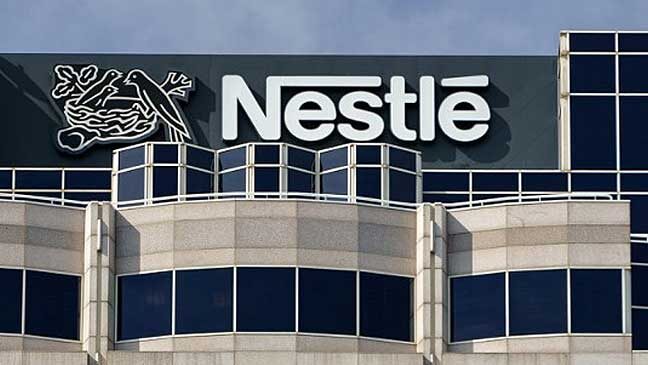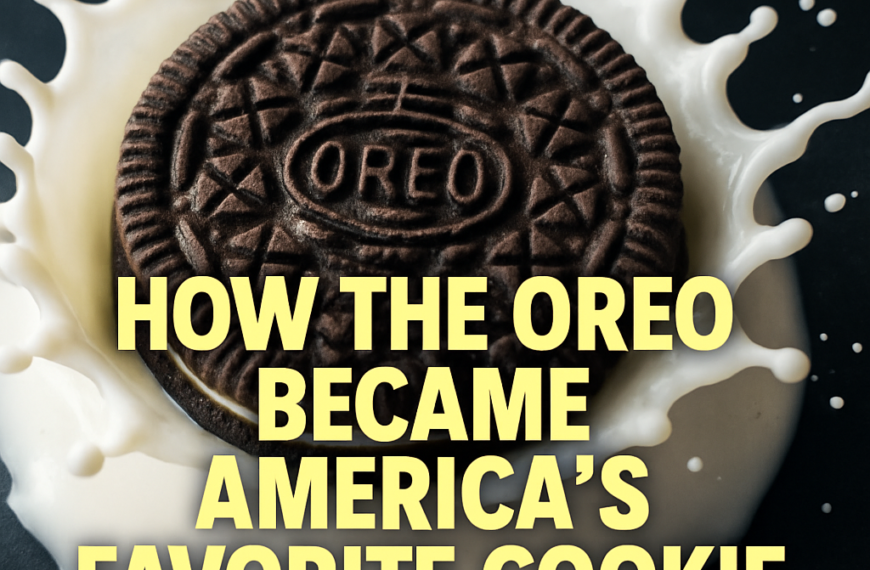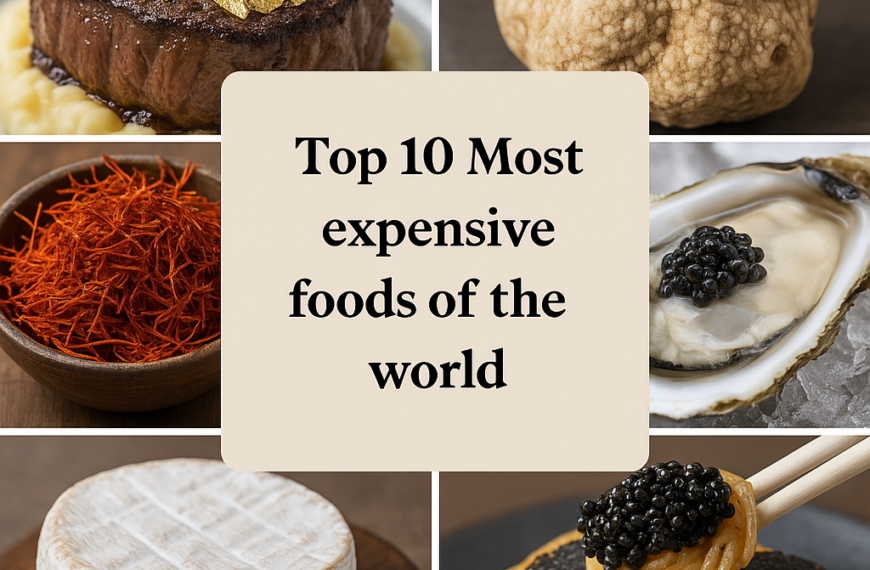In This Article

The worldwide food and beverage leader, Nestlé, operates with a 152-year industry presence. Henri Nestlé established Nestlé in 1866 as the company produced “Farine Lactée,” an infant formula that proved to save sickly babies. This discovery started the company’s path toward worldwide market expansion.
The company achieved its transformation in 1905 by merging with the Anglo-Swiss Condensed Milk Company. This merger established a critical new direction for the organization. The brand evolved by adding coffee and chocolate products along with frozen foods and dairy items to its merchandise range. Through the brand acquisitions of Nescafé and KitKat, the company gained international recognition across all households worldwide. During the middle of the 20th century, the company had achieved status as an industry authority in food products.
Despite its success, challenges arose. The 1970s brought worldwide criticism about formula marketing in developing nations, which led to extensive talks about business ethics. The intense public scrutiny forced the company to implement new moral business standards as well as to reinforce its commitment to ethical practices. The company has embraced sustainability initiatives for lowering its ecological environmental impact while increasing operational transparency during this period.
The company adapts itself to new market trends while persisting in its evolution today. The company directs its strategies toward plant-based alternative development as well as sucrose and sodium reduction and nutritional enhancement programs. The company directs its focus on wellness and innovation, along with sustainability,y to fulfill contemporary dietary requirements and sustain lasting business expansion. The multinational corporation showcases its ability to recover as well as its capacity to transform and advance. The brand continues to prioritize life quality improvement by offering better food selections and showcases its dedication to revolutionizing infant nutrition and leading global food trend development. The company drives food industry evolution through its innovative practices because consumer needs change.
The Origins: A Response to a Need
The development of Nestlé started in 1866 when pharmacist Henri Nestlé founded the company by recognizing the urgent requirement for infant nutritional products. The situation at that time required immediate action, so he started working on a replacement to reduce infant deaths from malnutrition. The revolutionary infant formula known as “Farine Lactée” proved to be a game-changer because it was created with components that included wheat flour and sugar alongside cow’s milk. The ground-breaking formula achieved widespread success in saving numerous undernourished babies, which secured the company as an infant nutrition frontrunner in the market. The achievement established the company as a leader in social need solutions while creating possibilities for worldwide food business expansion.
The combination of the Anglo-Swiss Condensed Milk Company with other entities triggered rapid business expansion during 1905. The strategic expansion beyond infant nutrition products enabled the company to enter the broad dairy industry. People started choosing condensed milk because it offered a longer storage time and was a convenient product that fit urban residents since they lacked access to fresh milk. The company gained the ability to tap into expanding international market demand for shelf-stable dairy products through the merger and thus pursued international expansion. During this critical period of expansion, the business evolved from its role as a modest Swiss company into a developing international organization.
World War I between 1914 and 1918 marked another important historical period for the company. World War I generated a historic need for dairy items, especially condensed milk, which evolved into basic food supplies for military forces along with general population needs. Within a short period, the company built additional production facilities and established new business locations throughout geographical territories. The companies maintained regular supply routes between America and Australia while war disruptions persisted. The company proved its capability to handle various challenges while showing operational agility and dedication to serving consumers no matter what conditions arose.
When World War II ended, the company developed into a diversified food and beverage leader that operated effectively throughout Europe, North America, and additional worldwide territories. The company earned a trusted reputation in quality alongside innovation and reliability, which created the foundation for future growth. The company established its long-lasting influence in international food manufacturing during this period of swift organizational transformations and strategic market expansion. The company keeps developing its strong foundation by dedicating itself to innovation while responding to worldwide customer demands.
Expansion and Diversification

Nestlé moved past milk products during the 20th century by developing multiple food and beverage categories consisting of coffee, chocolate, frozen foods and bottled water and pet care products. Nestlé acquired multiple acquisitions while cultivating its own business segments in order to grow and expand globally and establish more market dominance. The purchase of Nescafé and KitKat combined with Perrier acquisition established Nestlé as an industry leader within food and beverage sectors. The company sustained its position as innovative leader through continuous research and development so its products adapted to evolving consumer demands and advancing technologies hence keeping their competitive relevance.
Nespresso emerged during the 1970s as an unprecedented innovation which revolutionized the coffee market. Single-serve coffee pods along with state-of-the-art brewing equipment provided convenience combined with premium taste for contemporary purchasers. Nespresso introduced a revolutionary product that surpassed market standards while showcasing how Nestlé effectively uses emerging market trends to reinforce its quality and innovation focus.
Nestlé extended its business direction into health and wellness operations as it entered the Twenty-First Century. Through heightened scientific research funding the company produced dietary products from plants together with fortified food items and functional drinks to enhance wellness. To meet rising consumer demand for sustainable and healthier products Nestlé established projects which worked toward lowering sugar content as well as salt levels and artificial additives in its products. The company accomplished this goal by acquiring multiple health-oriented brands which expanded its product offerings to better advance its worldwide better nutrition initiative.
Nestlé has taken sustained action to prioritize sustainability along with corporate responsibility standards in addition to its product development activities. The company establishes ethical procurement standards while working on environmental conservation efforts and social welfare programs. Nestlé continues to demonstrate its dedication to responsible business operations through initiatives dedicated to becoming carbon neutral while improving sustainability in packaging along with water conservation practices.
The multinational organization Nestlé continues to sell more than 2,000 brands globally across 186 countries providing both high-end products and budget-friendly essentials for daily use. Through its worldwide presence and wide variety of products Nestlé became recognized as a global household brand. The company demonstrates resilience through its ability to monitor customer needs alongside technological developments before developing strategic market entry plans. The company remains committed to preserving its legacy of top-quality innovations while upholding responsible business standards through its ongoing growth in order to lead the food and beverage market in the future.
Navigating Controversies
The global success of Nestlé has not halted the company from dealing with controversial matters which shape the way people view their operational practices. The 1970s exposed the worst scandal which accused the company of pushing excessive baby formula sales to areas where drinking water supplies were unsafe. The tragic events of malnourished infants drove protests worldwide which prompted new regulations while families boycotted the company. The company’s unethical behavior prompted policy adjustments that adopted World Health Organization’s (WHO) Code of Marketing Breast-milk Substitutes standards for multinational corporations to follow.
Water extraction resources become a severe problem because critics claim that corporate operations drain vital community water reserves while damaging essential local ecosystems. Environmentalists together with local citizens staged protests against multiple company bottling facilities across different areas. Labor rights violations are becoming pronounced through accusations about children working in cocoa fields as farms engage in agricultural production. Researchers have confirmed that palm oil procurement creates environmental trouble by leading to habitat destruction while causing deforestation.
The company initiated corporate responsibility programs after many sectors condemned its actions. The company sets three objectives to reach carbon neutrality by 2050 and obtain sustainable ingredients and transparent supply chain operations. The organization devotes resources to minimize plastic waste while improving labor standards. Sustaining economic performance while maintaining responsible practices remains difficult for the company. Consumer awareness development requires the company to follow ethical standards while sustaining performance in upcoming global competition.
Nestlé Today: A Commitment to Innovation and Sustainability
The company’s sustainability initiatives also extend to responsible sourcing and ethical supply chains. Nestlé supports farmers and agricultural communities through various programs designed to promote fair trade, improve crop yields, and ensure sustainable farming practices. The Nestlé Cocoa Plan, for example, aims to enhance the livelihoods of cocoa farmers while ensuring environmentally friendly agricultural methods. Similarly, the Nescafé Plan works with coffee growers to improve productivity, sustainability, and social conditions within the industry. By fostering long-term partnerships with farmers and suppliers, Nestlé contributes to global food security and economic development.
Beyond environmental and agricultural efforts, Nestlé actively engages in community-driven initiatives to support education, nutrition, and overall well-being. Through corporate social responsibility programs, the company addresses critical issues such as child nutrition, clean water access, and disaster relief. These efforts reflect Nestlé’s holistic approach to social responsibility, where business success is intertwined with the well-being of communities worldwide.
In the digital age, Nestlé has also prioritized digital transformation and e-commerce to better serve consumers. Investments in data analytics, artificial intelligence, and online retail platforms have allowed the company to enhance supply chain efficiency and improve customer experiences. The growth of direct-to-consumer channels and personalized nutrition solutions demonstrates Nestlé’s commitment to leveraging technology for both business growth and consumer satisfaction.
Nestlé Today exemplifies the company’s ability to balance profitability with purpose. As it continues to innovate and expand, it remains steadfast in addressing the challenges of the modern world while staying true to its legacy of quality and consumer trust. With a strategic focus on health, sustainability, and community engagement, Nestlé is well-positioned to lead the food industry toward a more responsible and resilient future.
Conclusion: A Legacy of Transformation
Nestlé began as a small startup business in Switzerland which developed into a worldwide food organization through 100 years of continuous progress and flexible adjustment and stable performance. Since its founding in 1866 to combat infant malnutrition the company developed into a worldwide brand which creates numerous products that satisfy consumers from all corners of the globe. The company advances forward with a determined commitment to track industry developments as it troubleshoots international problems.
Because of its strong market presence Nestlé had to confront various obstacles such as business practice controversies which occurred together with changing consumer preferences. The company’s success depends on its active approach to face challenges and the implementation of essential business improvements. Nestlé has strengthened its reputation by delivering sustainable practices and leading ethical business operations while launching health-oriented product innovations to win back consumer trust.
Nestlé acts as an essential example of organizational change today since it shows how businesses should adapt to evolving market requirements. Its initiatives to lower environmental impact together with community development and nutritional progress demonstrate an organization-wide dedication to delivers shared value across all company stakeholders.
Nestlé continues to impact the food and beverage industry through its legacy which proves the essential link between profitability and responsible corporate practices. Nestlé’s tale provides essential teachings about innovation alongside perseverance and sustainable future development which benefit both consumers and businesses and policy making entities.
















